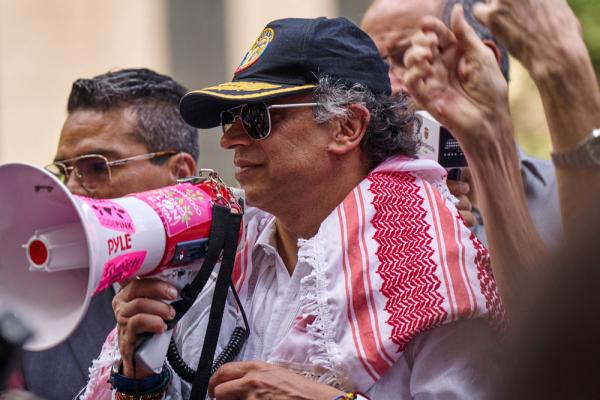I’ll be honest, I always thought the prophet Isaiah’s “woe to those who call evil good and good evil,” would play out a little more subtly in modern politics. Instead, last week gave us two explicitly straightforward examples of intentional, unjust redefinitions.
On Sept. 25, state Rep. John Gillette, a Republican from Kingman, Ariz., said earlier in the week that U.S. Rep. Pramila Jayapal, a Democrat from Washington state, should be “tried convicted and hanged.” After the Arizona Mirror reported on his comments, Gillette said he was simply referencing the “longstanding statutory penalty for treason.” But Jayapal, as the Mirror reported, was not calling for treason or a violent overthrow. Instead, she had been advocating for nonviolent resistance and protests. In a review of the entire session, the Mirror found there were “no calls to violence or advocating for overthrowing the government.”
Read the Full Article

